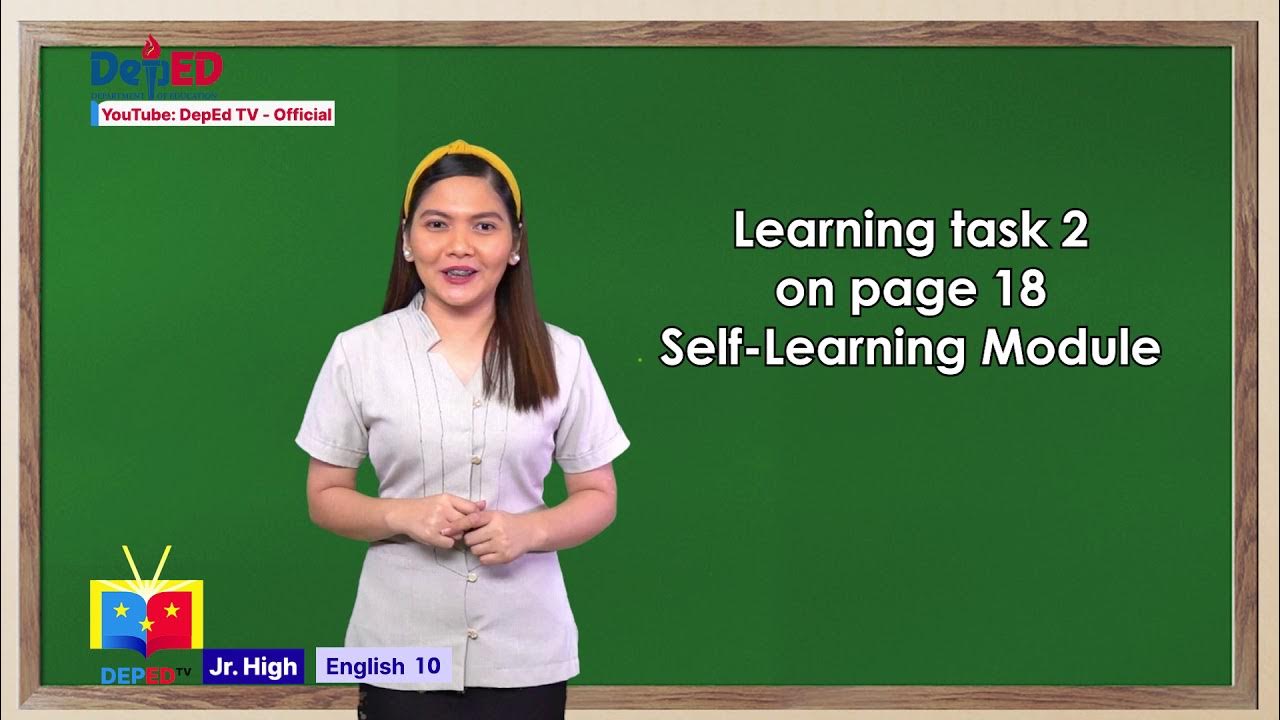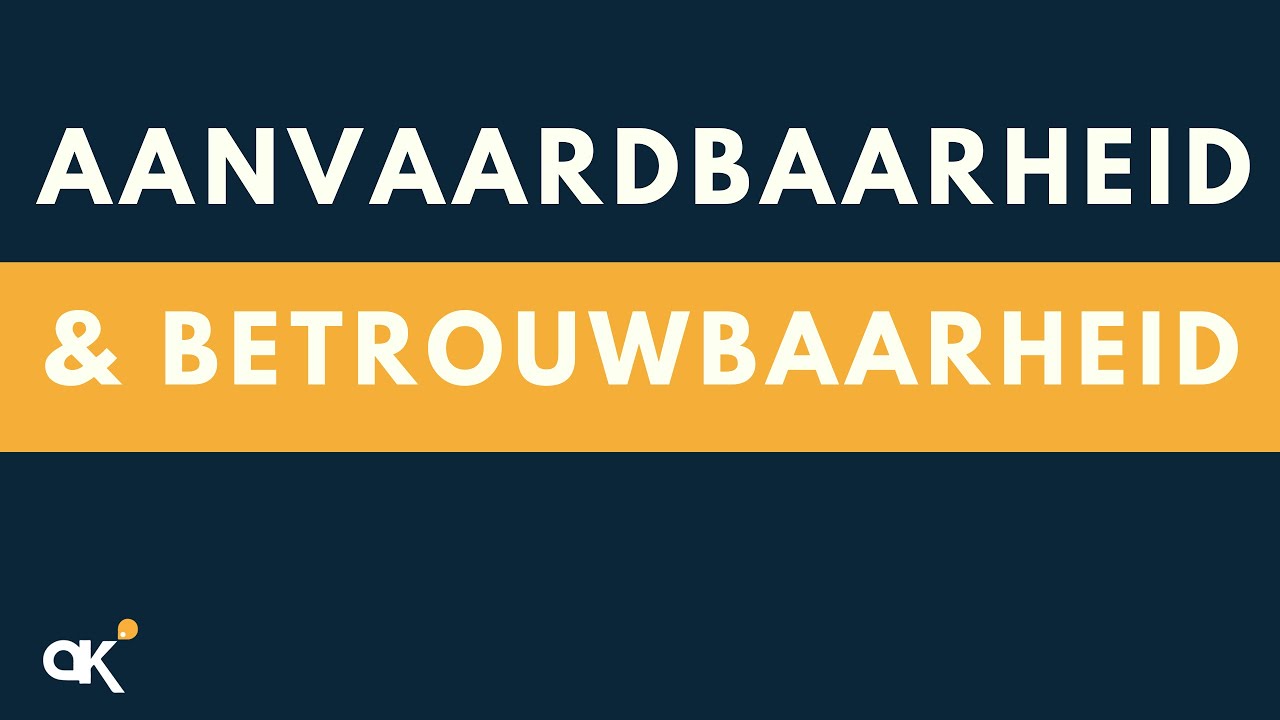Evaluate Expertise with Mike Caulfield
Summary
TLDRThe script discusses the importance of domain-specific expertise in evaluating credible sources of information, particularly in fields like public health. It explains that expertise isn't about general intelligence but deep knowledge in a specific area. The example of Elon Musk's inaccurate COVID-19 predictions highlights the dangers of relying on prominent figures without relevant expertise. It emphasizes the value of sourcing information from multiple experts or professional organizations and highlights that even true experts can revise their views based on new evidence, making them reliable sources of evolving knowledge.
Takeaways
- 🧠 Expertise is about domain knowledge, not just intelligence or prestige.
- 🔬 Deep understanding of a specific topic is crucial, especially in specialized fields like epidemiology.
- 🚀 Being smart in one field (e.g., space exploration) does not make someone an expert in another (e.g., public health).
- 💡 Many prominent figures, including entrepreneurs and influencers, lack the domain expertise necessary for accurate public health advice.
- 🔎 Evaluating expertise involves checking someone's background and domain knowledge, which can often be verified via resources like Wikipedia.
- 🧑⚕️ A professional's expertise should align with the topic they're discussing (e.g., a psychologist shouldn't offer advice on viruses).
- 📚 Gathering opinions from multiple experts, rather than relying on one, is key to understanding complex issues.
- 📰 Journalists and professional organizations synthesize expert opinions, making them reliable sources for nuanced issues like the COVID-19 pandemic.
- ⚖️ Even experts may change their opinions when new information arises, and this adaptability is a sign of true expertise.
- 🗣️ Useful experts communicate not only their own views but also how they align with or differ from their peers.
Q & A
What is the primary factor that determines a good source according to the transcript?
-The primary factor that determines a good source is expertise, which is about having a deep understanding of a specific topic or domain knowledge.
Why is it a misconception to assume that someone from a prestigious university automatically knows more about any issue?
-It is a misconception because expertise is domain-specific; a person from a prestigious university may not have the necessary domain knowledge to be an authoritative source on a particular subject.
How does the context of the coronavirus pandemic illustrate the importance of domain knowledge?
-During the pandemic, various professionals from different fields like economists and tech entrepreneurs provided public health advice despite not having expertise in epidemiology, which led to potentially misleading information.
What is an example given in the transcript of a non-expert providing public health advice?
-Elon Musk, who is known for his work in electric cars and space exploration, predicted in March that the pandemic would be over by April, despite having no background in virology.
How can one evaluate if a person has the appropriate domain knowledge to be considered an expert?
-One can evaluate expertise by checking if the person has a Wikipedia page or conducting a quick search to find evidence of their domain knowledge and history of being careful with the truth.
Why is it suggested to look at Wikipedia pages to evaluate expertise?
-Prominent individuals and organizations often have Wikipedia pages that provide a summary of their qualifications and contributions, which can help assess their expertise in a particular field.
What is the difference between Dr. Phil's expertise and that of Dorothy Crawford as presented in the transcript?
-Dr. Phil's expertise is in psychology, while Dorothy Crawford is a professor of microbiology with publications on virology, making her more qualified to speak on public health issues related to viruses.
Why is it not advisable to rely solely on one expert's opinion, even if they are an expert in the field?
-Experts can disagree, and complex issues often require synthesizing multiple perspectives. It's more reliable to seek sources that make an effort to represent a consensus among experts.
How does newspaper reporting add value in terms of expertise and public health information?
-Good reporters understand where there is consensus and dissensus among experts and accurately reflect that, providing a balanced view based on the expertise they have access to.
Why are professional organizations often more trustworthy sources than individual experts when it comes to public health?
-Professional organizations sort through divergent opinions to find a consensus, rather than advancing a single theory, making them more reliable for public health information.
How does the transcript suggest that a real expert behaves when new information becomes available?
-A real expert evaluates new information with their domain knowledge, draws conclusions, and communicates not only their own thoughts but also the context of what their colleagues think.
Outlines

This section is available to paid users only. Please upgrade to access this part.
Upgrade NowMindmap

This section is available to paid users only. Please upgrade to access this part.
Upgrade NowKeywords

This section is available to paid users only. Please upgrade to access this part.
Upgrade NowHighlights

This section is available to paid users only. Please upgrade to access this part.
Upgrade NowTranscripts

This section is available to paid users only. Please upgrade to access this part.
Upgrade NowBrowse More Related Video

Guidelines and criteria in the selection and evaluation of health information, products and services

C'est quoi un expert?

Skill: Advanced Wikipedia: Bias & Agenda

How Fake News Grows in a Post-Fact World | Ali Velshi | TEDxQueensU

Grade 10 English Q1 Ep 7 Sources of information : Accessibility and Effectiveness

Aanvaardbaarheid en betrouwbaarheid
5.0 / 5 (0 votes)